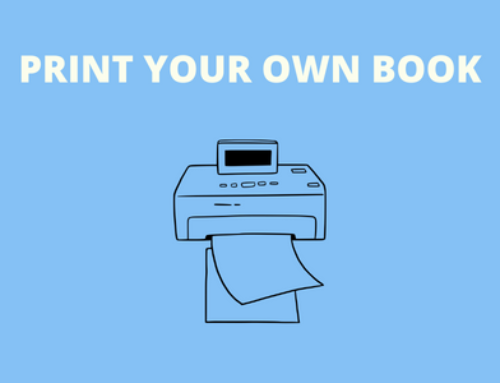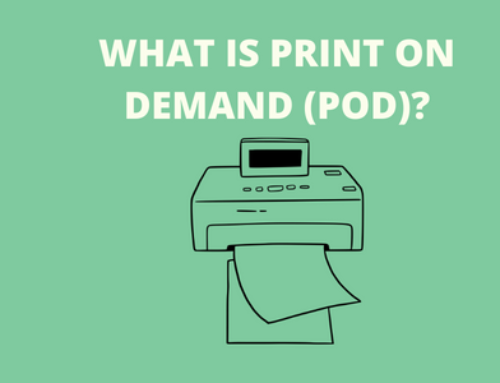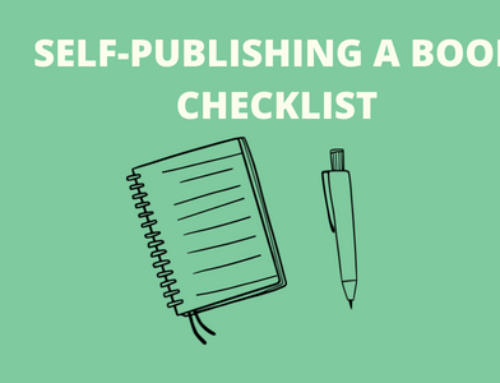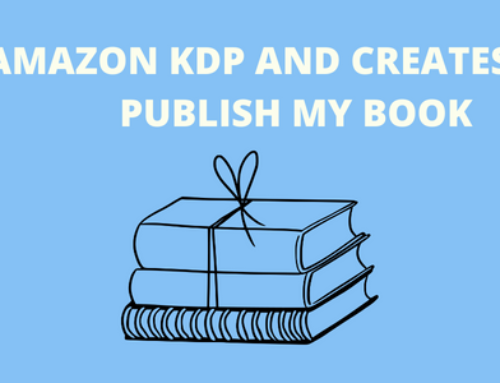The 7 Types of Publishing Companies
Looking for a publishing company in 2022? It will help to know what kind of publishing company you need.
When it comes to the world of book publishing, there are many different types of companies that exist. In this post, we’ll take a look at some of the major categories and discuss why these companies are important for writers and readers alike.
Traditional vs. Self Publishing: What’s the difference?
1. Traditional publishing companies
The first type of publishing company is one that focuses on book publishing. This kind of company handles all aspects of the publishing process, from editing and marketing to printing and distribution. Book publishers usually have a specific genre or categories of books that they focus on, so it’s important to find one that publishes the kind of work you write.
Some examples of traditional publishing companies include:
- Zondervan
- Harper Collins
- Penguin
2. Self-publishing companies
Self-publishing companies are a newer breed of publishing company that have emerged in recent years. This type of company allows writers to publish their work without the help of a traditional publisher. This can be a great option for writers who want more control over their work, but it can also be more expensive and time-consuming.
Some examples of self-publishing companies, most of which are also POD publishers, include:
3. Vanity presses
Vanity presses are a type of self-publishing company that are often seen as a scam. They charge writers a large amount of money to publish their work and often provide little to no help in terms of editing or marketing. As a result, many vanity presses have a reputation for producing low-quality books.
Some examples of vanity presses include Xulon Press and AuthorHouse. Read some reviews about Authorhouse and reviews about Xulon Press.
When Jane signed her contract with a vanity press, she had no idea what she was getting herself into. She thought that it would be a breeze to sell a few hundred copies of her book and be done with it. But after months of little to no sales, she’s starting to regret her decision.
The garage is now cluttered with hundreds of books that nobody wants to buy. Jane is starting to feel like a failure, and she’s not sure how much longer she can tell people she’s an author. But she is! She just needed the right advice before jumping in.
4. Hybrid publishers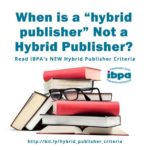
Hybrid publishers are a type of publishing company that occupies a unique space in the publishing world. They are neither a traditional publisher nor a self-publishing company but instead offer services that bridge the two. This makes them an attractive option for writers who want the benefits of both worlds.
Hybrid publishers offer a variety of services, from editing and marketing to printing and distribution, but they are not just a paid service company anyone can choose to publish with. They are selective about who they publish, caring more about quality than your money. If they take everyone — and it can take a lot of digging to find out if this is the case — they are not a true hybrid publisher.
They typically have a smaller list of titles than traditional publishers, which can make it harder for writers to get their work published with one because they can afford to be picky, but they pay royalties once the book starts selling.
Some examples of hybrid publishers include:
IBPA’s Hybrid Publisher Criteria requires that hybrid publishers behave just like traditional publishers in all respects, except when it comes to business model. Hybrid publishers use an author-subsidized business model, as opposed to financing all costs themselves, and in exchange return a higher-than-industry-standard share of sales proceeds to the author. In other words, a hybrid publisher makes income from a combination of publishing services and book sales.
5. Small presses
Small presses are another type of publishing company that focuses on a specific genre or category of books. They are often run by a small team of passionate people who are dedicated to publishing high-quality books. Small presses typically have a more personal relationship with their authors and offer a more collaborative experience.
Some examples of small presses include:
Joe was a bit hesitant when he got the call from the small press. He had heard so many horror stories about self-publishing that he was sure it would be a waste of time. But he checked the BBB and Preditors and Editors, and the woman on the other end of the line assured him that they were different. And she was right.
The developmental edits were top-notch and really helped him tighten up his plot. The copy editor made sure his grammar and punctuation were perfect, and the proofreader caught all of his typos. The typesetting was beautiful, and the cover artist did an amazing job capturing the essence of his book.
But most importantly, they had a great marketing plan. They put together a campaign that targeted Joe’s ideal reader and got his book in front of them. Joe’s royalties still haven’t made back his initial investment in publishing costs, but his book is selling well and he’s already planning his next one.
6. University presses

The Pitt Building in Cambridge, which used to be the headquarters of Cambridge University Press
University presses are another type of publishing company that is associated with a specific institution. These companies focus on academic and scholarly books, and often work with professors and experts in specific fields to produce and publish high-quality work.
Some examples of university publishers include the University of Chicago Press, the University of Michigan Press, and Cambridge University Press.
7. POD (print-on-demand) publishers
Another type of publishing company is a print-on-demand publisher. These companies focus on printing books in small quantities, often as few as one copy at a time. This makes them a good option for writers who don’t want to invest too much money upfront or are looking for a more personalized approach to publishing their work.
Most self-publishing authors publish their books this way.
Some examples of POD publishers include Lulu, Book Baby, Amazon’s Kindle Direct Publishing (KDP).
What Kind of Publisher Is Inksnatcher?
Inksnatcher is not a publisher or press. We offer all the services a self-publishing author could want to get the best possible version of their book self-published.
Take a look at our services and publishing packages for more info!
In Summary
As you can see, there are many different types of publishing companies out there. Whether you’re looking to self-publish or find a traditional book publisher, it’s important to research all of your options and find the one that best fits your needs, time, budget, and expectations.
As a writer, it’s important to find a publishing company that will help you achieve your publishing goals. Each type of company has its own strengths and weaknesses, so do a lot of research before you sign anything. Plenty of people will take your money. Not so many will do an incredible job with it.

